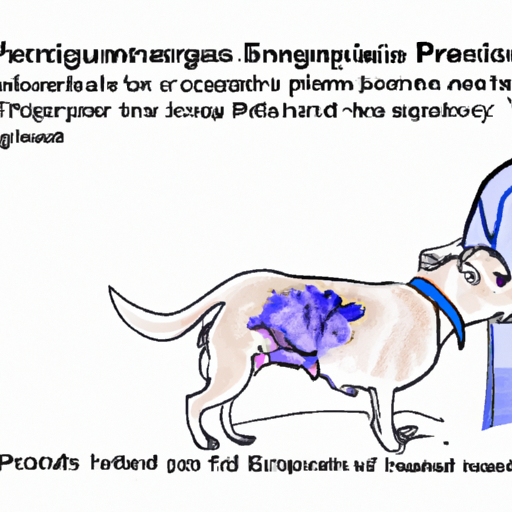EPI, or Exocrine Pancreatic Insufficiency, is a condition that can severely affect your dog’s ability to digest food. As a caregiver, understanding EPI can help you make the best decisions for the health and wellbeing of your dog. Our guide takes you through what EPI is, its symptoms, causes, treatment, and how to manage it.
Understanding EPI
EPI is a condition where the pancreas fails to produce enough enzymes necessary for digestion. This results in your dog being unable to properly absorb the nutrients from their food.
The condition is often chronic and requires lifelong treatment. However, with proper management, your dog can lead a healthy and fulfilling life.
Symptoms of EPI
Your dog may show a variety of symptoms which may include:
- Weight loss, despite a normal or increased appetite
- Diarrhea
- Increased volume of feces
- Gas and bloating
- A dull and unkept coat
These symptoms may vary in severity and duration. If you notice any changes in your dog’s behavior or health, it’s essential to contact your veterinarian immediately.
Causes of EPI
The causes of EPI in dogs are not entirely understood, but they are believed to include:
- Chronic pancreatitis, where the pancreas becomes inflamed over time
- Congenital defect (the dog is born with it)
- An injury or trauma to the pancreas
- Certain breeds, like German Shepherds and Rough-coated Collies, are more predisposed to EPI
| Breed | Predisposition |
|---|---|
| German Shepherd | High |
| Rough-coated Collie | High |
| Chow Chow | Medium |
| Border Collie | Low |
Treatment of EPI
The treatment of EPI revolves around managing the symptoms and ensuring your dog gets the nutrition they need.
- Enzyme replacement therapy: This involves adding digestive enzymes to your dog’s food.
- Diet modification: Your vet may recommend a diet that’s easy to digest and absorb.
- Vitamin supplements: Your dog may need additional vitamins, especially the fat-soluble ones like A, D, E and K.
Managing EPI
Living with a dog with EPI is a commitment. But with routine, attention to diet and regular check-ups, it’s a commitment that can drastically improve the quality of your dog’s life.
- Regular vet check-ups are essential for monitoring the condition and making necessary adjustments to treatment.
- Maintaining a consistent feeding schedule can help manage the symptoms.
- Regular grooming can help keep your dog comfortable, especially if they have a dull or unkept coat due to EPI.
FAQ
Q: Is EPI curable?
A: No, EPI is a lifelong condition. However, it is manageable with the right care and treatment.
Q: Can a dog live a normal life with EPI?
A: Yes, with proper treatment and management, a dog with EPI can live a normal, healthy life.
Q: How is EPI diagnosed?
A: EPI is usually diagnosed through a blood test called a TLI test, which measures the level of certain digestive enzymes in the blood.
Q: Can EPI cause pain in dogs?
A: While EPI itself does not cause pain, complications or coexisting conditions like pancreatitis can cause discomfort or pain.
Q: Is EPI contagious?
A: No, EPI is not contagious. It is a condition related to the individual dog’s pancreas and cannot be passed on to other animals or humans.
With understanding and care, you can help navigate your dog through their EPI journey, ensuring they lead a fulfilling and comfortable life.



